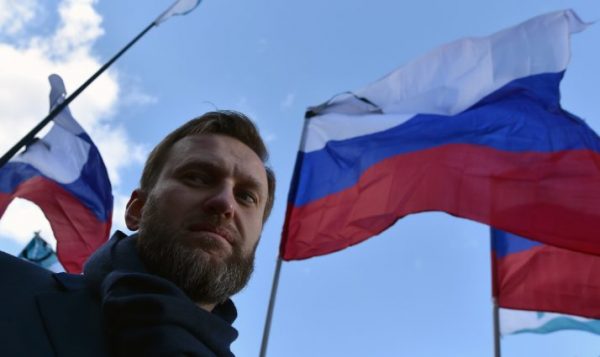
Russia’s central election commission voted on Monday to bar opposition leader Alexei Navalny from running in a presidential election next year, saying he was ineligible because of a past criminal conviction.
The commission said the conviction, for which Navalny received a suspended sentence and which he has repeatedly described as politically-motivated, meant he could not run for president in March.
Twelve members of the 13-member commission voted to bar Navalny. One member of the commission abstained, citing a possible conflict of interest.
Polls show President Vladimir Putin is on course to be comfortably re-elected, meaning he could remain in power until 2024.
Navalny, 41, has been jailed three times this year and charged with breaking the law by repeatedly organizing public meetings and rallies.
REUTERS

Leave a Reply
You must be logged in to post a comment.